Ricki Lake is no stranger to starting a conversation, no matter how controversial it may be.
That’s exactly what’s happening with the release of a new documentary she produced with longtime partner Abby Epstein. Titled “The Business of Birth Control," the 90-minute feature is a follow-up to the duo's 2008 doc “The Business of Being Born” — an eye-opening criticism of how the American health care system handles childbirth.
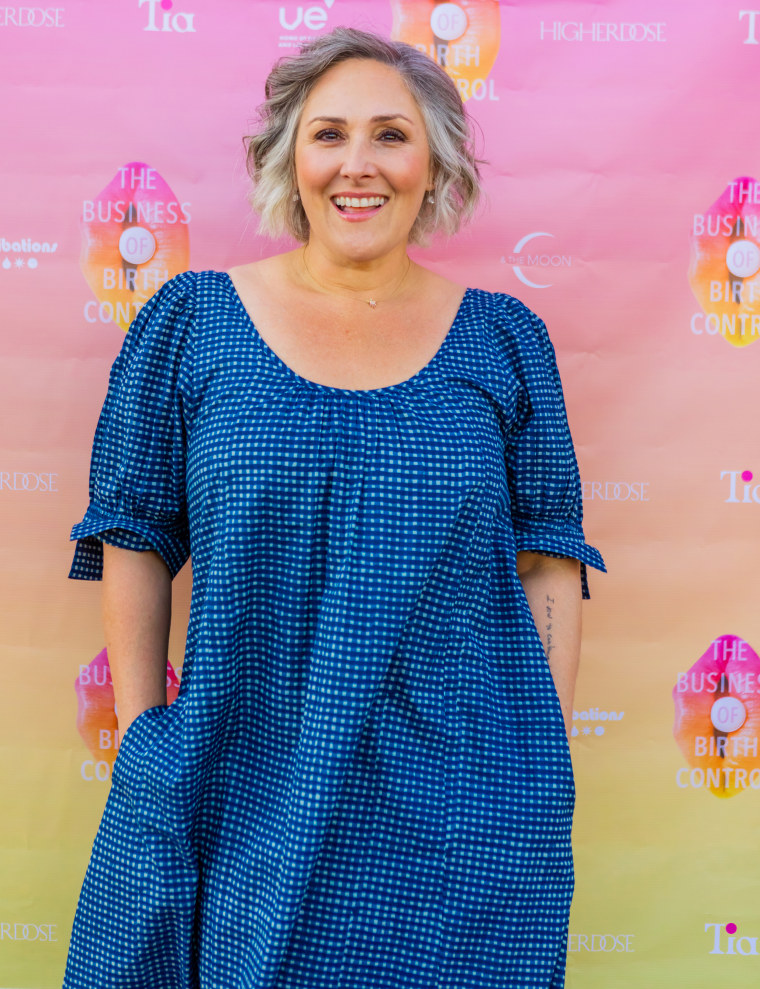
As part of Women’s Health Month, TODAY Health sat down with Lake, 53, for a wide-ranging interview to talk about this latest project; her response to the Will Smith Oscars slap as a woman who, like Smith's wife, has suffered from alopecia; her wedding earlier this year; and how the late love of her life is still helping her today.
'Yes, there are risks with birth control, but they’re very rare'
Lake first entered the spotlight in 1988, when she starred as Tracy Turnblad in the John Waters film "Hairspray." Five years later, at only 24, she became the youngest person to host a syndicated talk show. It ran for more than a decade, from 1993 to 2004.
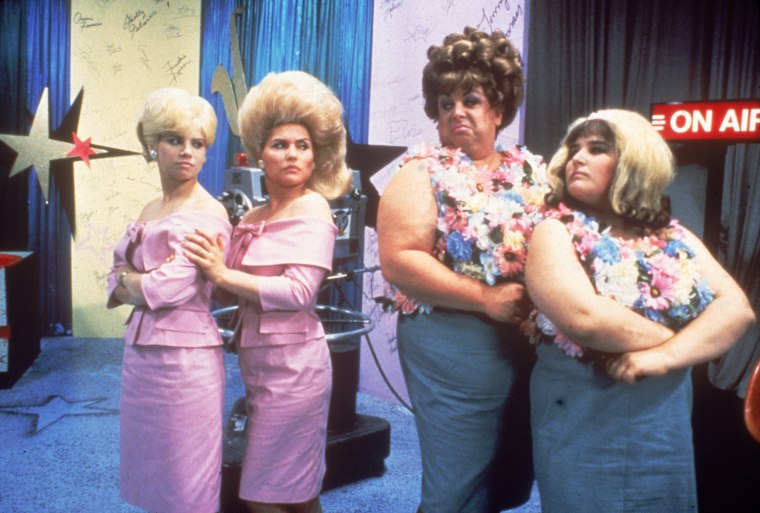
After the end of her talk show, Lake still wanted to foster conversations on topics important to women, so she began producing documentary projects. Starting with "The Business of Being Born" in 2008 and then in 2018 with "Weed the People" (available to stream on Netflix) — Lake is back again with “The Business of Birth Control.”
It explores the history of birth control and shines a light on the side effects of the medication, as well as other methods some women are choosing to use as contraceptives instead.
“It’s about informed choice,” Lake told TODAY via Zoom of her doc. “I want women to have access to the information. ... I really wanted people to be educated about these drugs that we’ve been taking since our grandmother had the pill. The pill was invented in the ‘60s, and thank God we have the pill, but there’s a lot to consider when you're putting something in your body for sometimes decades.”
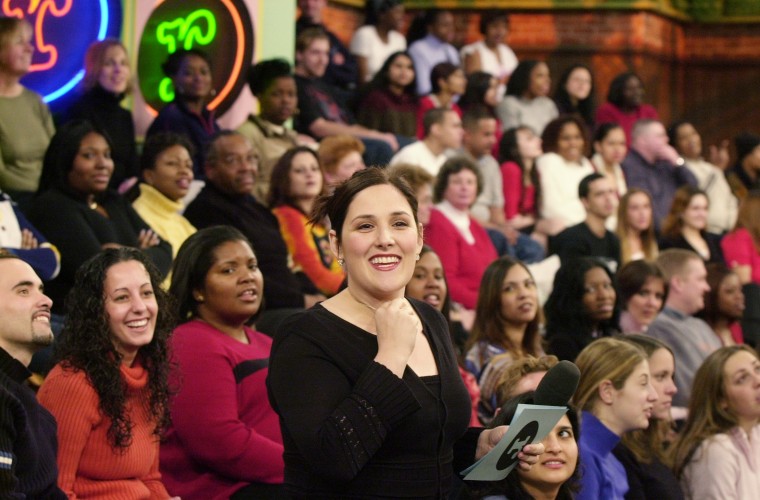
Asked about the criticism that the documentary can feel "fear-mongering," Lake responded, “I know where I’m coming from.”
“I don’t really have an agenda,” she said. “I’m trying to help women. That's where I am. I feel like having had the platform I had for so long with my talk show, people know me. People know I wear everything on my sleeve. I come from a place of love. That’s why I know my side of the street is clean. Yes, it’s information that’s shocking because it is shocking.”
I don’t think people really understand how our birth control got here and the Black and brown skinned women who put their lives in the hands of the medical community ...
DR. KAMEELAH PHILLIPS
Dr. Kameelah Phillips, an OB-GYN in New York City, watched the documentary and shared her thoughts with TODAY.
“A majority of the documentary was watching the pain of these families talking about a terrible and tragic situation,” Phillips told TODAY, referring to subjects who lost family members due to complications they say were because of birth control pharmaceuticals.
“That is extremely rare. It focused mostly on a reality that is a very tiny reality when we compare the benefits of birth control. So when you weigh those risks and the benefits, it does seem that the documentary really does overshadow the real benefits in the millions of women that birth control helps on a monthly basis.”
“Yes, there are risks with birth control, but they’re very rare,” she added. “They should be discussed with your health care provider and again, reassessed on an ongoing basis, but the amazing benefits that millions of women have reaped from birth control ... that can’t be underestimated.”
Phillips believes there is a part of the doc that is notable and should be celebrated: It shines a light on how doctors used marginalized test subjects from minority groups — for example women in Puerto Rico — as guinea pigs for birth control pills, often causing them to suffer significant side effects.
“I think that was a really important part of the documentary, actually,” Phillips said. “I don’t think people really understand how our birth control got here and the Black and brown skinned women who put their lives in the hands of the medical community, sort of unknowingly, who were often misled about the development of this product."
"We owe them significant debt to at least acknowledge them when we have these conversations, because it’s very accurate."
Jokes about women’s hair loss aren't particularly funny
In the last few years, Lake has been open about her own experience with alopecia and hair loss — a condition that dominated headlines in March after Will Smith slapped Chris Rock on stage at the Oscars because the comedian made a joke about Jada Pinkett Smith's bald hair style due to her alopecia.
"I just couldn’t believe what I was seeing," Lake said. "I had throwbacks to my old show where we used to have people get riled up and agitated, and my mantra was violence is never the answer. And so of course, anything that came out of his mouth, nothing justifies that assault that took place in front of our eyes."
As far as the alopecia joke, Lake said she doesn't think jokes about women’s hair loss are "particularly funny" and that the "whole thing was wrong."
"I feel for Jada, having gone through my own hair loss journey," Lake said. "It’s a painful one, it’s a lonely one ... but nothing deserved what happened to him."
"Maybe there’s a gift to come out of it, because I do think there’s so much that’s misunderstood about women that struggle with hair loss, and it’s so common right now, particularly with the pandemic and side effects with long COVID," she continued. "I know so many people that are struggling with this issue. For my part, I came out two years ago, shaved my head and came clean with my secret. I feel like it has started a dialogue, and I’m glad because we shouldn’t be suffering in silence."
Today, Lake is embracing her gray and staying away from hair dyes. “I am totally into my hair, and I hated it for decades,” she said. “It just doesn’t torture me the way it once did.”
'We pinch ourselves everyday'
Of all that's been happening in Lake's life during this latest chapter, the most exciting development is love.
Lake discovered it when she met Ross Burningham during the pandemic. The two married in an outdoor ceremony at their home in January.
“I feel like I give everyone hope because there’s so many people out there that have had loss, or they’re single and lonely. I’m telling you, during a pandemic, we met and found each other, and we pinch ourselves every day," she said.
But Lake is a firm believer that the reason Burningham is in her life is her late ex-husband, Christian Evans, who died by suicide in 2017 after his struggle with bipolar disorder.
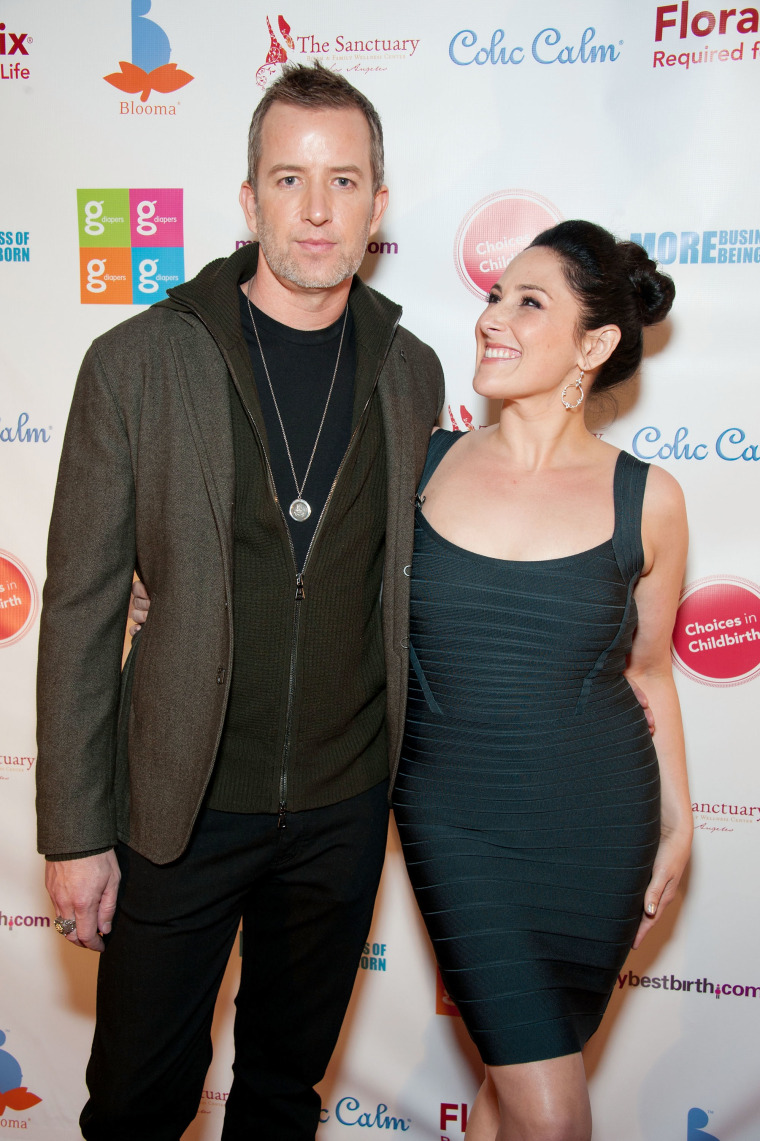
After being married to Rob Sussman from 1994 to 2004, with whom Lake had two sons, in 2012 she eloped with Evans. Despite their divorce in 2015, Lake continued to support Evans, who got to know her children.
“Christian, my beloved, who passed away, I have no doubt and no one can tell me otherwise, I believe he hand-picked this man,” Lake said. “I believe he's watching over me. He and I made a pact when he was alive. I took care of him when he was very ill. I married him knowing I was going to be taking care of him for the rest of his life, and now sadly, he’s not here. But I believe he is watching over me and doing the opposite for me. He’s looking after me right now.”
“I’m telling you, during a pandemic, we met and found each other and we pinch ourselves every day.”
ricki lake
To others who may be struggling or dealing with the loss of a loved one due to suicide or mental illness, Lake stresses that sometimes, even with all the resources in the world, it still may not be enough to give your loved one the vital help they need.
"I’m someone that is a pretty badass person where I take care of a lot of people, but in the case of trying to fix him, I couldn't do it," she said. "To have all the money in the world and to have the resources, and yet when someone is that ill, it was soul-crushing. I don’t think I’ll ever fully recover from it."
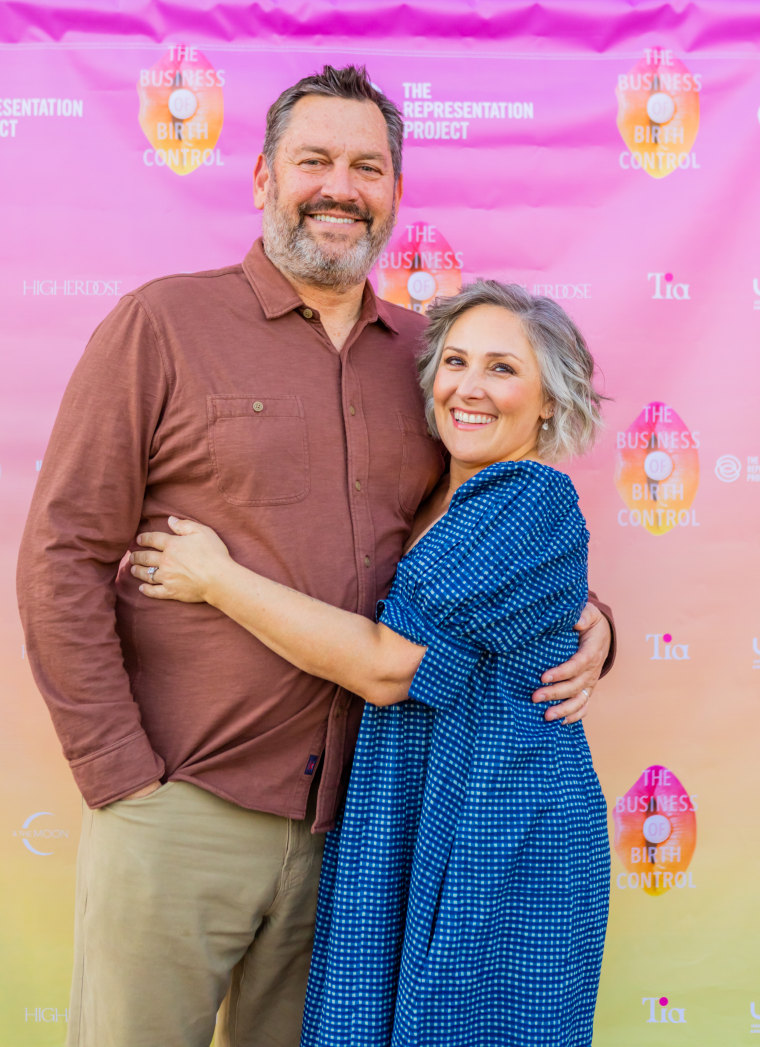
Lake said because of her journey with Evans, today she has "a level of compassion and empathy" that she hopes she can use to help others.
"I was in the darkest place," she said. "I didn't know how I was going to get out of it. I was coming up on being 50, struggling with my hair. I have two boys that I am raising. And yet, I did not know how I was going to recover from losing him. And to think five years later, I mean, I've done a lot of work on myself, but lo and behold, I found my perfect partner at this time in my life."